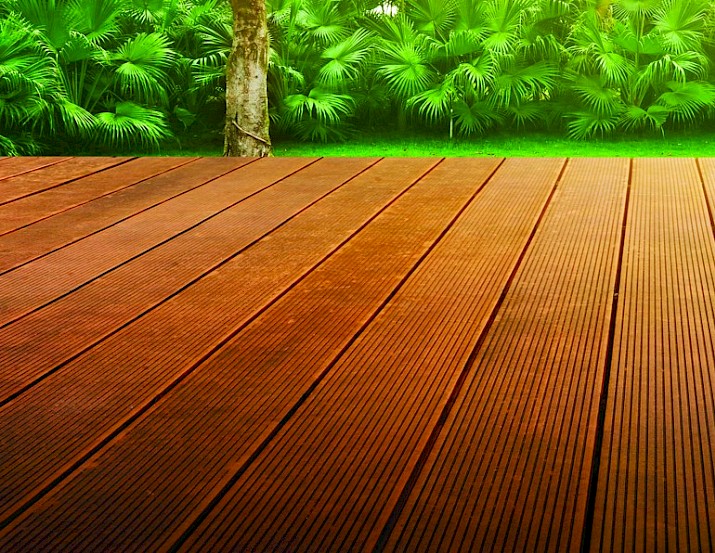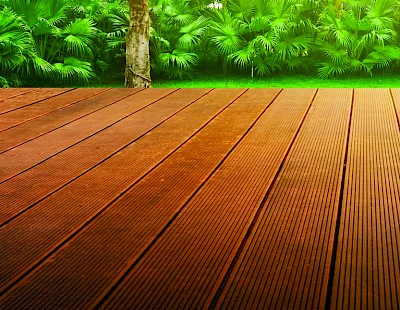Go Eco-friendly in your Surrey or Vancouver backyard with composite decking

When we built our first home in Surrey, we used fibreglas for our deck, however if we were doing it now, we'd definitely go 'eco' with a composite deck. Back in the day, we did go for a vinyl railing, and when we drive by the house, even 20 years later, it still looks like new, but I doubt the fibreglas held up as well.
Everyone knows, that decks add character and functionality to a home, increasing outdoor entertaining space and oftentimes improving the resale value of a home and in this busy Vancouver and Lower Mainland real estate market, little things like a beautiful outdoor deck can mean a lot.
Homeowners have various options when choosing decking materials, but one such option, composite decking, is growing in popularity.
Decks used to primarily be made from pressure-treated lumber. While lumber remains a popular material, more and more homeowners are opting for composite decking products. As anyone who has pressure-washed, stained and sealed wood decks can attest, such spaces require lots of upkeep to look new year after year. Composite decks require much less maintenance, making them highly attractive to homeowners who would rather spend time using their decks instead of maintaining them.
Composite decking is any type of decking material that is formulated from different recycled materials. The majority of these materials include hard plastic and wood shavings of pulp. Unlike wood, which can fade, crack and rot, composite decking, which has been available for roughly a decade, does not degrade quickly and requires very little upkeep.
Available in a variety of wood colors to match outdoor decor, composite decks also can feature artificial wood grains to make them look similar to wood planks. Although composite decks are not completely impervious to the elements, with some occasional washing to impede mold growth and new technology that has improved stain-resistance, many of the pitfalls of other materials can be avoided with composite decks.
Composite decking fits in with eco-friendly lifestyles. The planks are made from recycled materials that would normally end up in landfills.Some manucturers state that a refinished deck might come from as many as 1.5 million shopping bags and wood mill waste. As composite decks do not rot away and are long-lasting, they will not need to be replaced frequently, which is another eco-friendly benefit.
When comparing composite decking brands, look mainly at the colors, materials used in the composition and the fastening systems. Many are fastened with regular deck screws. The newer systems have channels for hidden fastening, and the composite deck tiles snap into place.
Composite decks do have a few drawbacks. They can be expensive - nearly double the initial cost of wood decks. And although they don't rot, composite planks can scratch. Without refinishing, damaged boards will need to be replaced. Harsh chemicals may fade color and damage the composite materials, so caution is needed.
Composite decking remains an in-demand choice for outdoor spaces. Low-maintenance and long-lasting, these decks have quickly become favorites among homeowners.

